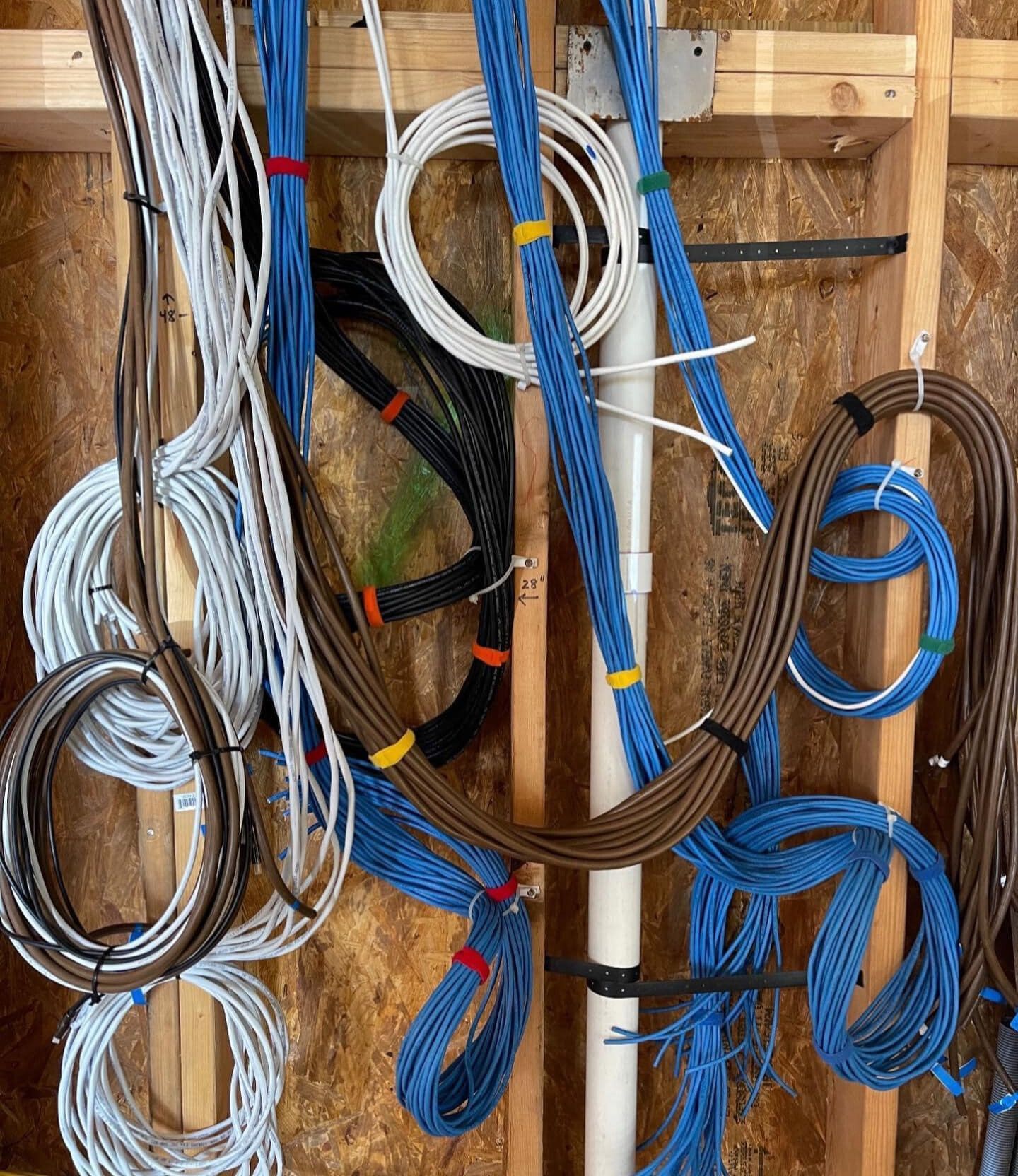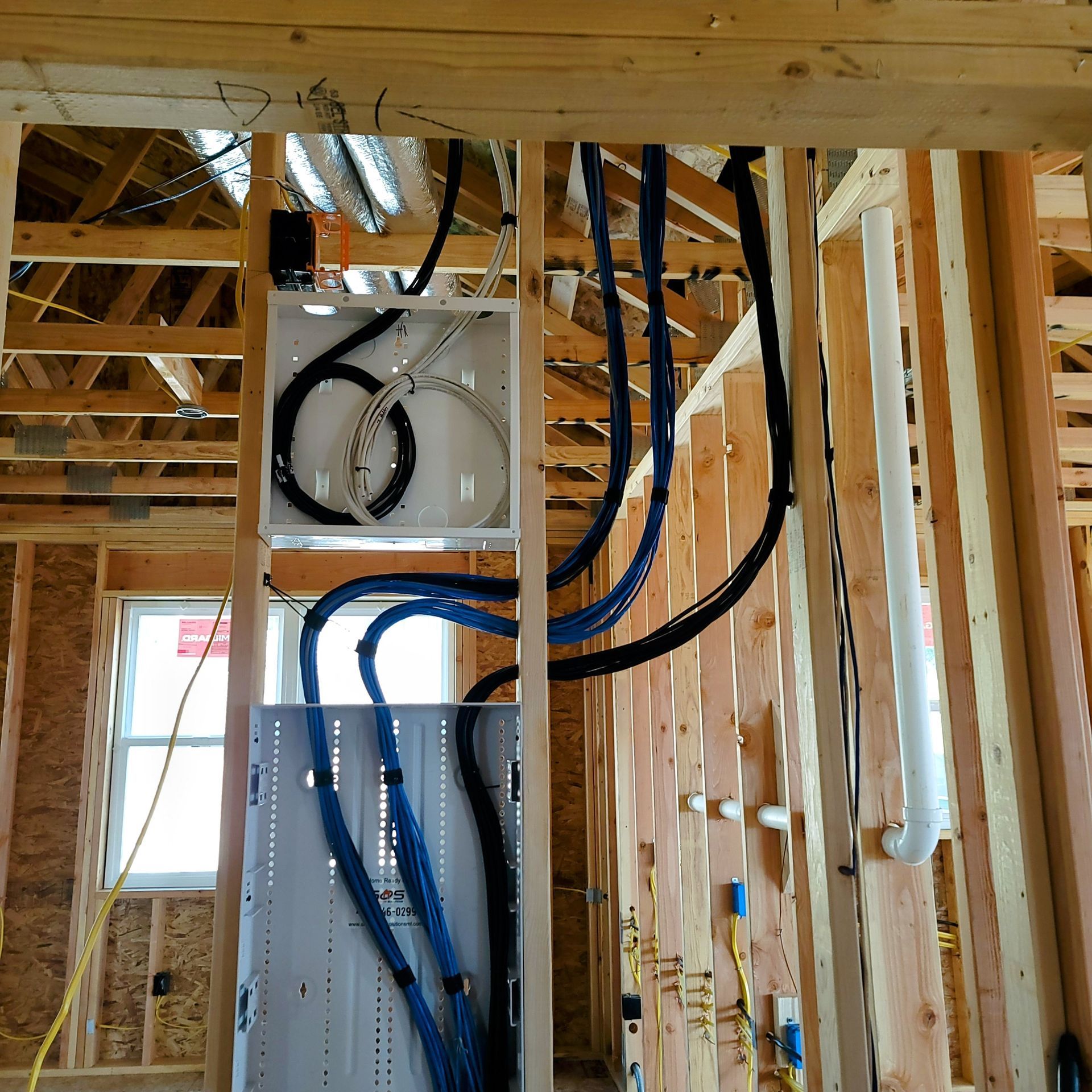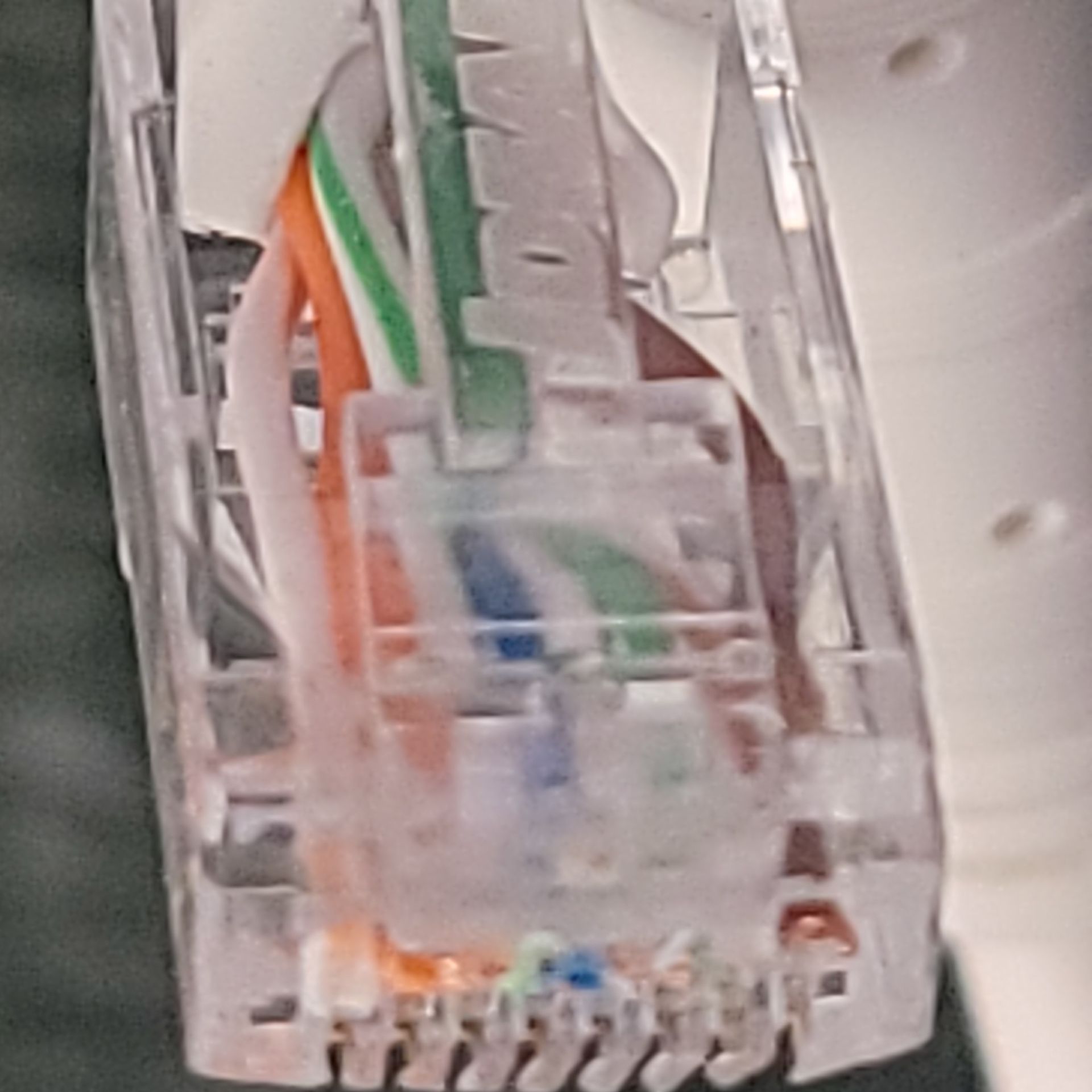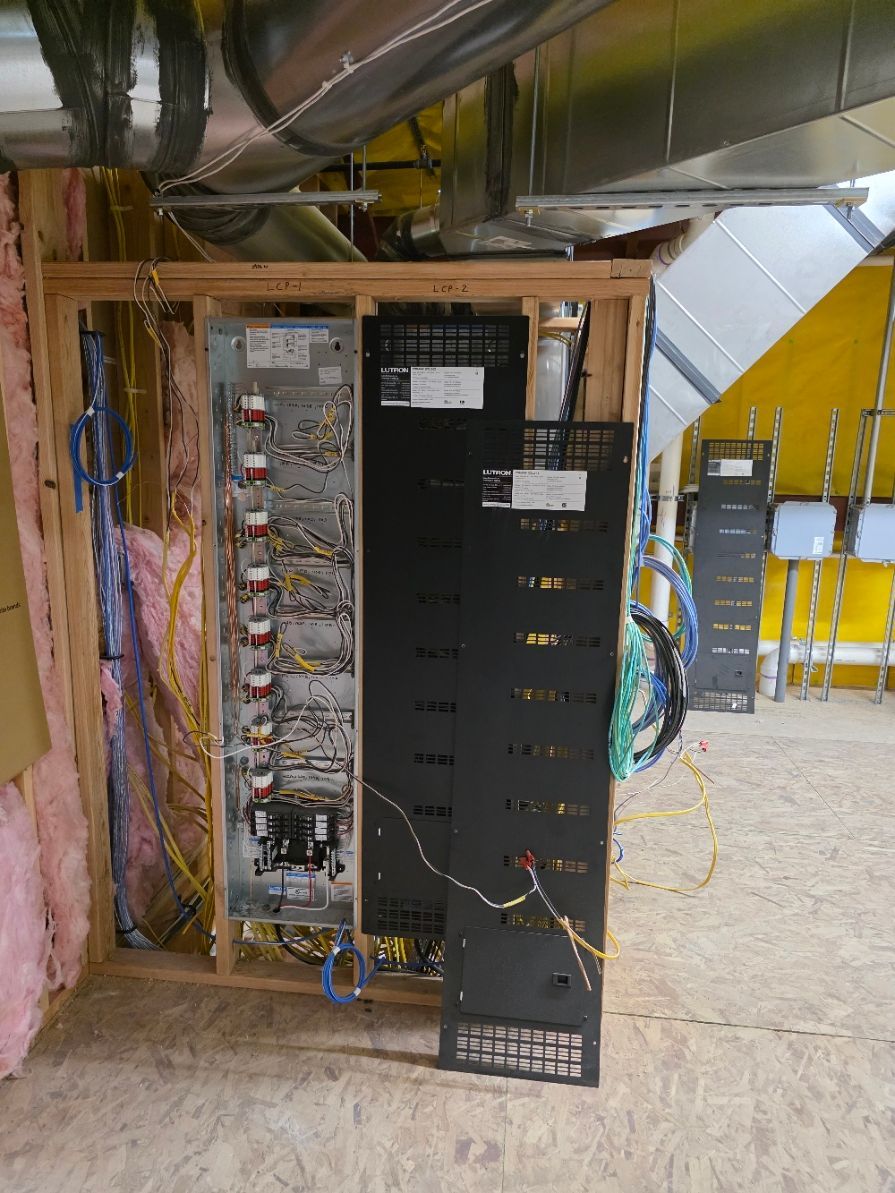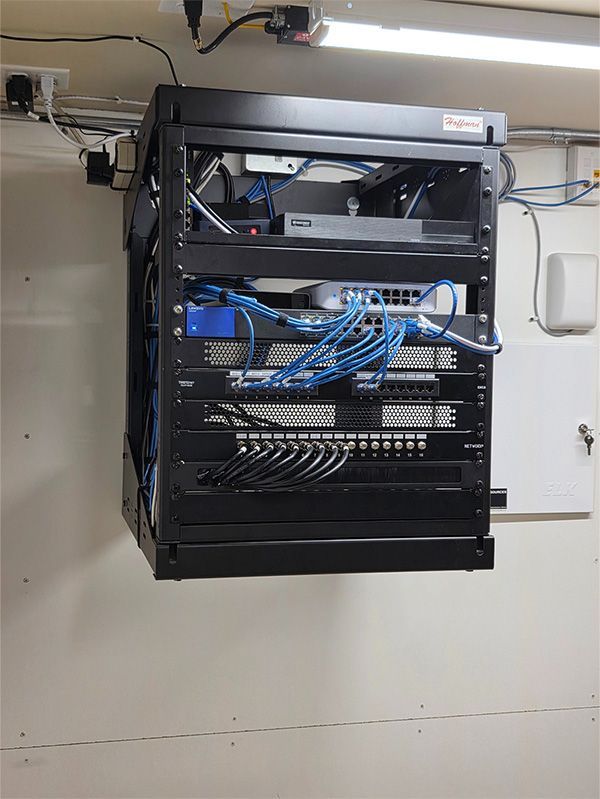Maximizing Your Home Network: The Power of a Network Professional
Maximizing Your Home Network: The Power of a Network Professional
In today's digital age, our homes are becoming increasingly connected. From streaming movies and music to gaming and smart home devices, the demand for high-speed, reliable internet is greater than ever. However, achieving optimal network performance can be a challenge, especially for those unfamiliar with networking concepts such as Wide Area Network (WAN) and Local Area Network (LAN). That's where the expertise of a network professional comes in.
Understanding WAN and LAN:
Before delving into the benefits of a network professional, let's define WAN and LAN:
- WAN (Wide Area Network): WAN refers to a network that spans a large geographical area, connecting multiple LANs and other networks across long distances. This includes connections between different cities, countries, or even continents. WANs often utilize public infrastructure, such as the internet, to transmit data between locations.
- LAN (Local Area Network): In contrast, LAN is a network that covers a smaller, more localized area, such as a home, office building, or campus. LANs typically connect devices within a limited geographic area, allowing for fast and efficient communication between devices.
The Importance of Latency:
Latency, or the delay between sending and receiving data, plays a crucial role in network performance. In WANs, latency can be influenced by factors such as the physical distance between locations, network congestion, and the quality of the connection. High latency in WANs can result in slower internet speeds, buffering during streaming, and lag in online gaming.
On the other hand, LANs typically have lower latency due to their localized nature. Devices within the same LAN can communicate with each other quickly and efficiently, making tasks like file sharing, printing, and multiplayer gaming smoother and more responsive.
How a Network Professional Can Help:
Now that we understand the difference between WAN and LAN, let's explore how a network professional can improve your home network experience:

Optimizing WAN Connectivity:
A network professional can assess your internet connection and recommend strategies to optimize WAN performance. This may involve upgrading to a higher-speed internet plan, implementing Quality of Service (QoS) settings to prioritize certain types of traffic, or optimizing router configurations for better throughput.
Reducing Latency:
By identifying and addressing latency issues in your network, a network professional can help reduce delays in data transmission and improve overall responsiveness. This may involve troubleshooting network equipment, optimizing network settings, or implementing caching and acceleration techniques to minimize latency.
Securing Your Network:
Security is another critical aspect of network management. A network professional can help secure your home network against cyber threats, such as malware, phishing attacks, and unauthorized access. This may involve setting up firewalls, implementing encryption protocols, and configuring access control policies to protect your devices and data.
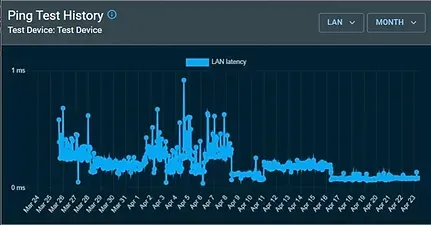
Optimizing LAN Performance:
Performance is key to ensuring a seamless home network experience. While WAN optimization is crucial, optimizing LAN performance is equally important. A network professional can play a vital role in ensuring that your LAN operates at its best, delivering maximum speed, reliability, and security.
Consider this scenario: during a recent takeover, the LAN latency was tested, revealing internal communication issues within the network. On the left side of the screen, you can see the LAN latency during a testing period, highlighting the network's performance challenges.
However, with the intervention of a network professional, significant improvements were made. On April 8th, I reset the clients previously purchased router to bypass the previous company's credentials. Once I had full access to the product adjustments were made to both the router and the two switches on the network. One of the major factors identified was the absence of Spanning Tree Protocol, a critical component for preventing network loops and ensuring stability.
In less than an hour of work, the network was optimized to its prime performance.
Additionally, Quality of Service (QoS) aspects were implemented on April 16th, prioritizing the client's laptop during business hours. This strategic adjustment made the most out of an ISP's service notorious for latency issues, further enhancing the network's efficiency and reliability.
This example underscores the importance of having a network professional assess and optimize your home network. By addressing internal communication issues, implementing necessary protocols, and fine-tuning configurations, a network professional can elevate your home network's performance to new heights, ensuring a seamless and enjoyable user experience
Managing Firmware Updates: Firmware updates are essential for keeping your network equipment up-to-date with the latest security patches, bug fixes, and performance enhancements. However, many people overlook or forget to check for firmware updates themselves. A network professional can take care of this task for you, ensuring that your routers, switches, and other network devices are always running the latest firmware versions to mitigate security risks and optimize performance.
Remote Network Management: One of the key benefits of working with a network professional is the ability to leverage remote network management capabilities. With remote access tools and monitoring systems, a network professional can proactively monitor and manage your home network from anywhere, anytime. This allows them to quickly respond to issues, perform maintenance tasks, and implement updates without the need for an on-site visit, saving you time and hassle.
In conclusion, enlisting the help of a network professional can greatly enhance your home network experience by optimizing WAN connectivity, reducing latency, securing your network, optimizing LAN performance, managing firmware updates, and leveraging remote network management capabilities. With their expertise and support, you can enjoy a reliable, secure, and efficient home network that meets your needs and exceeds your expectations.

